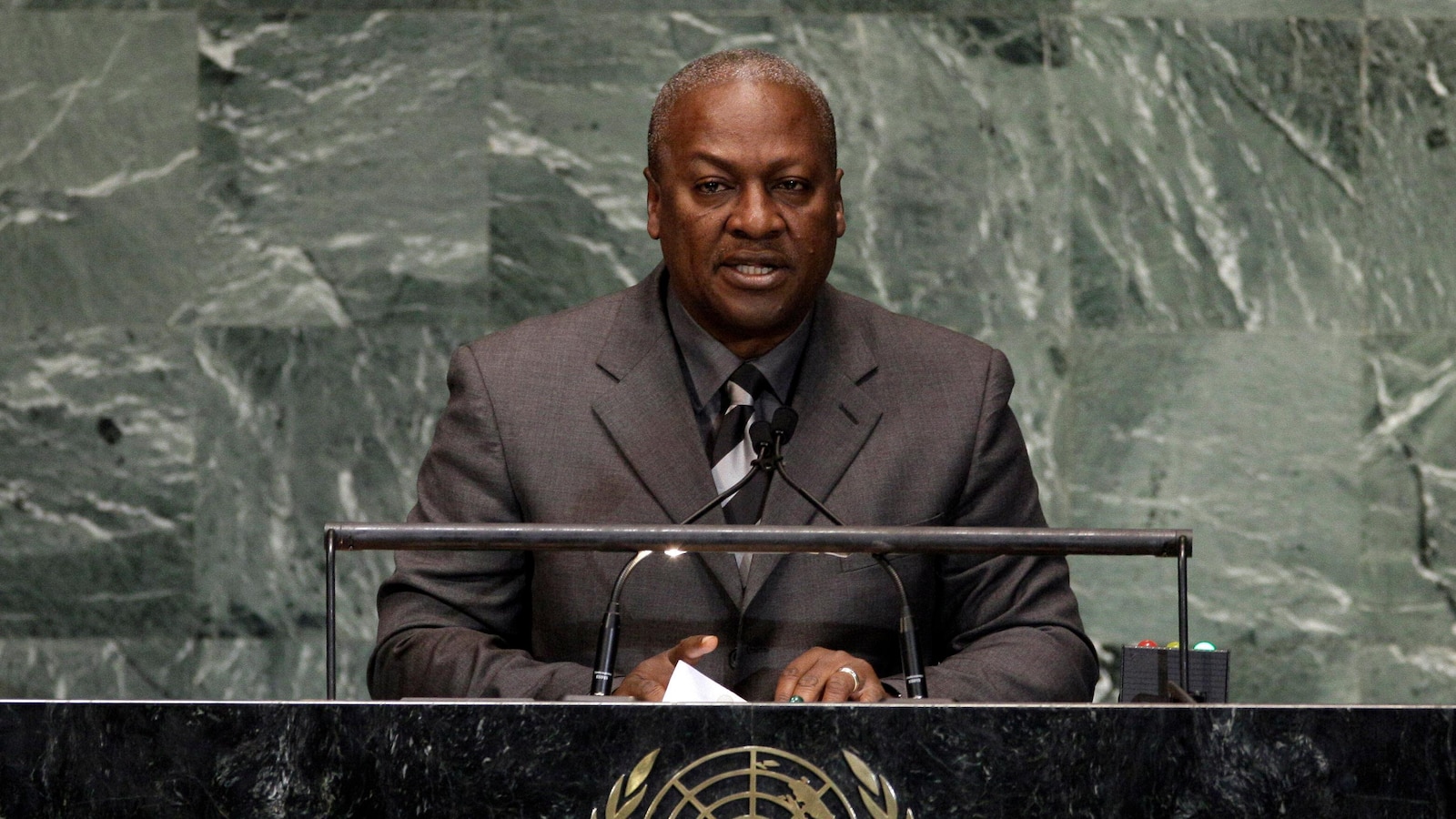Trump's H-1B Visa Fee Hike: A Potential Windfall for Canada's Tech Sector
A recent decision by former U.S. President Donald Trump to impose a $100,000 fee on new H-1B visa applications could significantly impact the global tech landscape. This move, intended to prioritize American workers, may inadvertently benefit countries like Canada by attracting highly skilled foreign workers seeking opportunities outside the United States. The increased cost for U.S. companies seeking foreign talent may lead to a shift in where skilled workers choose to build their careers.
The H-1B Visa Program and its Impact
The H-1B visa program, established in 1990, allows U.S. companies to employ foreign workers in specialized occupations requiring theoretical or technical expertise. It's primarily utilized by the tech sector, as well as financial institutions and consulting firms. Key users of the H-1B visa include companies like Amazon, Tata Consultancy Services, Microsoft, Meta Platforms, and Apple Inc. The program has faced criticism over the years, with some arguing that companies use it to bring in cheaper labor, leading to periodic government pullbacks.
Obtaining an H-1B visa is highly competitive. Companies must file petitions on behalf of prospective employees by March for a lottery held in April, with only 65,000 visas available annually, plus an additional 20,000 for U.S. master's graduates. In 2025, over 470,000 applications were submitted, highlighting the program's high demand and limited availability. This scarcity has driven some companies to seek talent elsewhere, particularly in countries with more accessible immigration policies.
Canada's Opportunity: Attracting Global Tech Talent
Canada has emerged as a potential beneficiary of the H-1B visa changes, with cities like Vancouver and Toronto already recognized as growing tech hubs. The increased cost for U.S. companies may incentivize skilled workers to consider opportunities in Canada, where immigration policies are often seen as more predictable and company-friendly. Garry Tan, CEO of startup incubator Y Combinator, suggested that Canadian cities could thrive as a result of these changes. Dave McKay, CEO of Royal Bank of Canada, also believes the new rule will help Canada retain and recruit top talent.
Canada offers several options for work permits for highly skilled workers, including the Global Talent Stream. This program is similar to the H-1B visa but without a quota, making it a relatively fast option for employers seeking to address skills shortages. However, some experts note that Canada lacks specific visa programs for individuals with extraordinary abilities or short-term internships, potentially hindering recruitment in certain areas. Nevertheless, the Canadian government has actively sought to attract foreign tech talent, offering incentives and support to companies looking to establish operations in the country.
Challenges and the Future Outlook
While the H-1B visa changes present an opportunity for Canada, challenges remain. Concerns exist about the potential for U.S. companies to hire Canadian talent under the United States-Mexico-Canada Agreement (USMCA), avoiding the H-1B fee altogether. Furthermore, the influx of temporary residents has increased competition for permanent residency in Canada, and recent changes to permanent residency selection criteria may make it harder for high-skilled workers to make the transition.
Despite these challenges, the Canadian government has shown a willingness to adapt and create programs to attract foreign tech workers. In 2023, a new work permit aimed at H-1B holders was introduced, with the 10,000 application limit reached on the first day, underscoring the strong interest in Canadian opportunities. Whether Canada can capitalize on the H-1B turmoil and become a leading destination for global tech talent remains to be seen, but the potential for growth and innovation is undeniable.
| Country | Potential Benefit from H-1B Changes | Strategies |
|---|---|---|
| Canada | Attracting skilled tech workers from the US | Streamlining immigration processes, offering incentives for tech companies, promoting cities as tech hubs. |
| China | Retaining and attracting skilled workers returning home | Launching the new K Visa to attract skilled workers in STEM fields. |
| United Kingdom | Attracting global scientists and digital experts | Exploring proposals to abolish visa fees for skilled foreign workers. |
| South Korea | Attracting scientists and engineers from abroad | Developing initiatives focused on AI and technology-led economic growth. |
 Visit the website
Visit the website





